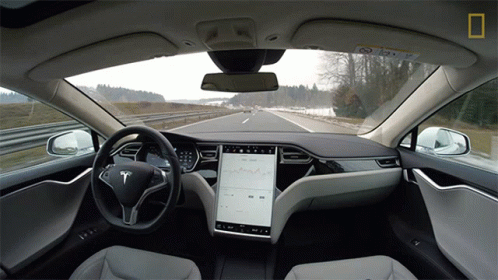Artificial Intelligence (AI) has become one of the most revolutionary technologies of our time. It is transforming the way we live, work, and interact with the world around us. The impact of AI is being felt across all industries, from healthcare to finance, and is expected to continue to grow in the coming years. In this article, we will explore the impact of AI and its potential to shape our future.
One of the most significant impacts of AI has been its ability to automate tasks that were once performed by humans. This has led to increased efficiency and productivity in many industries, as AI-powered tools can perform tasks more quickly and accurately than humans. For example, in the manufacturing industry, robots can perform repetitive tasks, such as assembling products, more efficiently than human workers. Similarly, in the finance industry, AI-powered algorithms can analyze vast amounts of financial data to make more informed investment decisions.

Another significant impact of AI is its ability to analyze vast amounts of data and identify patterns and insights that may not be visible to the human eye. This has led to significant advancements in fields such as healthcare, where AI-powered tools can analyze medical data to help doctors make more accurate diagnoses and develop more effective treatments. Similarly, in the transportation industry, AI-powered self-driving cars have the potential to reduce accidents caused by human error and improve traffic flow.
AI is also having a significant impact on the job market. While the adoption of AI may lead to job losses in certain industries, it is also creating new job opportunities and industries. For example, the development of self-driving cars has led to the creation of new jobs in the software development and engineering fields. Similarly, the development of AI-powered tools has led to the creation of new jobs in data analysis and machine learning.

However, the impact of AI is not without its challenges. One of the main concerns is the potential for AI-powered tools to make biased decisions. AI algorithms are only as unbiased as the data they are trained on. If the data used to train the AI is biased, the resulting decisions will also be biased. This could lead to discriminatory practices in areas such as hiring, lending, and criminal justice.
Another challenge is the potential for AI to be used for malicious purposes. For example, AI-powered deep fakes can be used to create convincing fake videos or audio recordings, which could be used to spread disinformation or manipulate public opinion. Similarly, AI-powered cyber attacks could be used to target critical infrastructure or steal sensitive information.

In conclusion, the impact of AI is significant and far-reaching. While it is transforming many industries and creating new opportunities, it is also presenting new challenges and risks. As we continue to develop and adopt AI, it is important to consider the ethical implications and ensure that the benefits are distributed fairly. Ultimately, the successful integration of AI into our lives will require a collaborative effort between businesses, governments, and individuals. By working together, we can harness the power of AI to create a better future for all.
The Future is Now: Exploring the Impact of Artificial Intelligence


